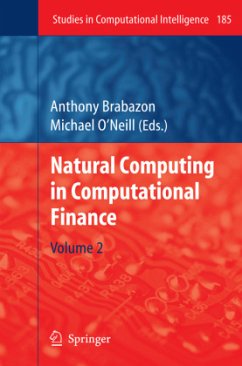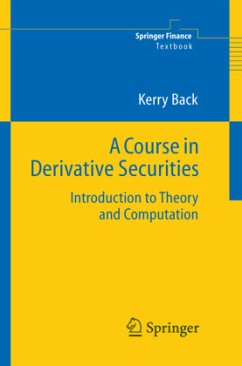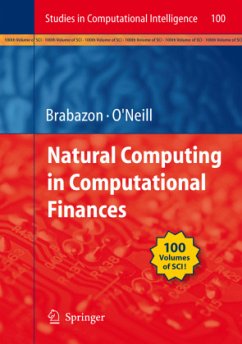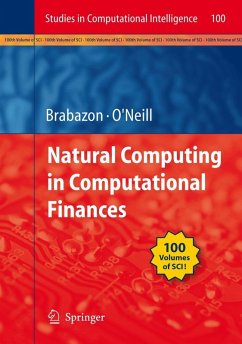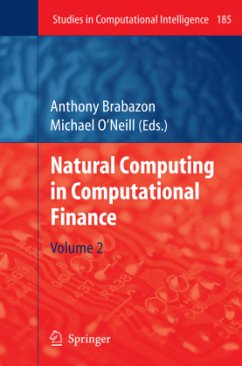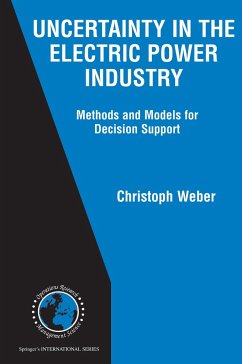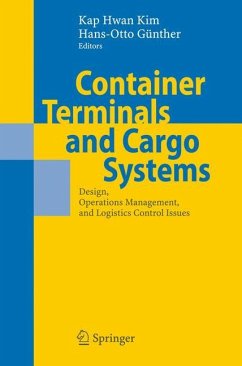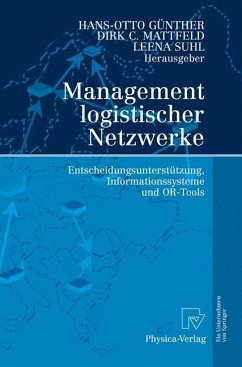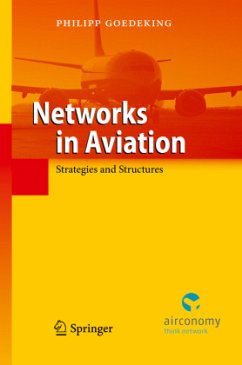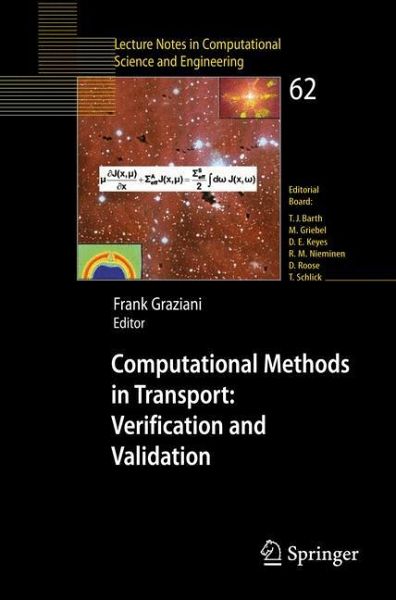
Computational Methods in Transport: Verification and Validation

PAYBACK Punkte
38 °P sammeln!
The focus of this book deals with a cross cutting issue affecting all transport disciplines, whether it be photon, neutron, charged particle or neutrino transport. That is, verification and validation. In this book, we learn what the astrophysicist, atmospheric scientist, mathematician or nuclear engineer do to assess the accuracy of their code. What convergence studies, what error analysis, what problems do each field use to ascertain the accuracy of their transport simulations.
In a wide variety of applications, accurate simulation of particle transport is necessary whether those particles be photons, neutrinos, or charged par- cles. For inertial con?nement fusion, where one is dealing with either direct drive through photon or ion beams or indirect drive via thermal photons in a hohlraum, the accurate transport of energy around and into tiny capsules requires high-order transport solutions for photons and electrons. In ast- physics, the life cycle of the stars, their formation, evolution, and death all require transport of photons and neutrinos. In planetary atmospheres, cloud variability and radiative transfer play a key role in understanding climate. These few examples are just a small subset of the applications where an - curate and fast determination of particle transport is required. Computational Methods in Transport Workshop (CMTW) is devoted to providing a forum for interdisciplinary discussions among transport experts from a wide range of science, engineering, and mathematical disciplines. The goal is to advance the ?eld of computational transport by exposing the me- ods used in a particular ?eld to a wider audience, thereby opening channels of communicationbetweenpractitionersinthe ?eld.Theoriginalconceptforthe workshop was born at the SCaLeS (scienti?c case for large scale simulation) meeting held in Washington, DC in June 2003. The discussions at SCaLeS were lively and informative, and it was clear that the opportunity to meet with experts outside of a particular sub?eld created new insights into the problems being discussed.




